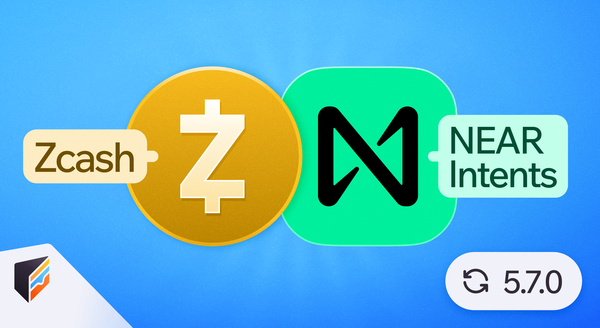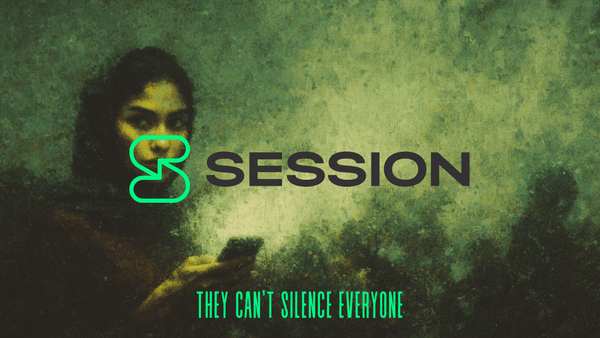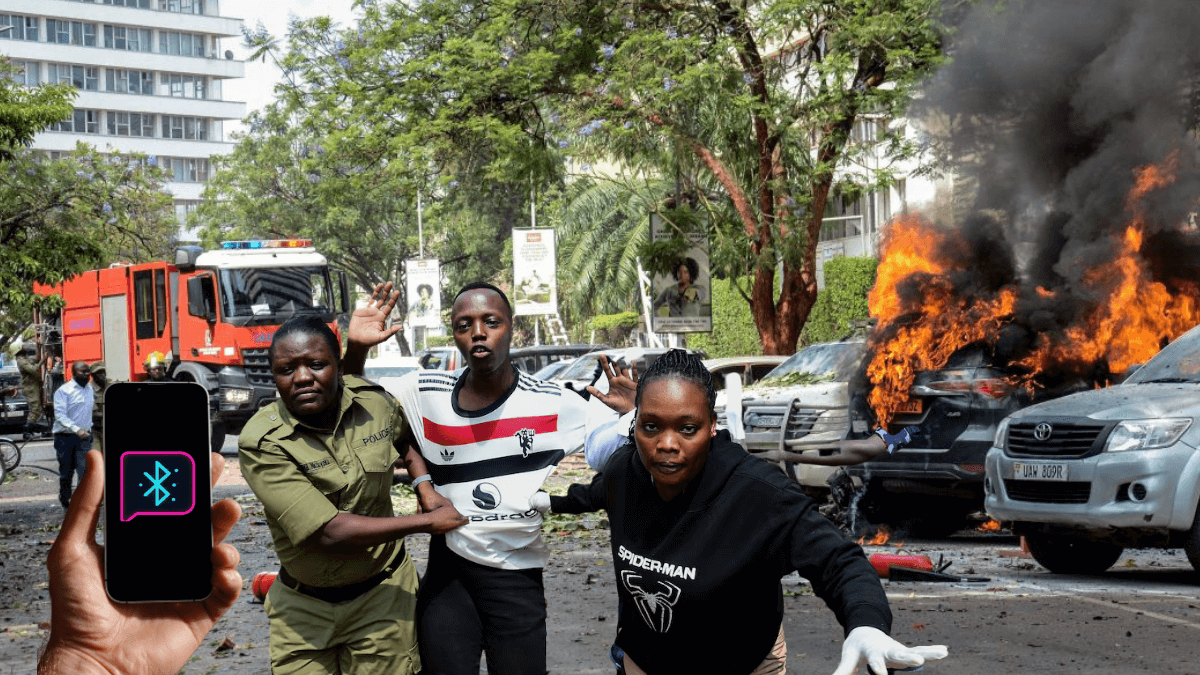Half the Internet Just Broke
Half the internet just broke because one company had a DNS problem in one datacenter. That's not acceptable for systems billions of people depend on daily.

At 12:47 AM ET on Monday, October 20, 2025, Amazon Web Services went down. Within minutes, half the internet stopped working.
Signal went dark. Reddit crashed. Snapchat stopped loading. Ring doorbells couldn't connect. Alexa stopped responding. Smart locks wouldn't unlock. Even robot vacuums became dumb machines waiting for AWS to come back online.
This wasn't a cyberattack. This wasn't a natural disaster. This was a DNS configuration error in Amazon's US-East-1 datacenter that cascaded across millions of services because the modern internet is built on a fundamentally fragile foundation: centralized infrastructure controlled by three companies.
"AWS us-east-1 is down again. Half the internet just broke," tweeted James Gaps, Head of Ecosystem at the Ethereum Foundation. "This is what renting your infrastructure gets you. One DNS hiccup and millions suddenly realize they don't control anything."
According to GovTech, US-East-1 is the default for many AWS services and one of the largest cloud zones. State Medicaid programs run eligibility systems on AWS. City 311 systems went silent. State unemployment benefits platforms became inaccessible. Core government functions now depend on infrastructure that can fail from a single configuration error.
The crypto community, which spent a decade evangelizing decentralization, suddenly found itself exposed. "AWS is down and then the internet stops working. But the blockchain, it never goe... wait a minute. Scratch that," tweeted Lefteris Karapetsas. "This sector is a joke. Everyone preaching decentralization and censorship resistance but in reality... it's all 100% reliant on the cloud."
Some Ethereum validators run on AWS. Many blockchain explorers and wallets rely on AWS infrastructure. The supposed alternative financial system was renting servers from Amazon just like everyone else.
Elon Musk seized the moment, tweeting "I don't trust Signal anymore" to shill X's encrypted chat.
Signal's President, Meredith Whittaker, responded with technical clarity: "Personally, I'm not a fan of vibes-based trust. First VERIFY, then trust, is my motto. Which is why Signal is open source. We want everyone to be able to inspect our code, and our encryption protocol, and see for themselves the lengths we go to to protect your comms."
X's "Bitcoin-style encryption" claim doesn't hold up. As The Register reported, cryptography experts pointed out that Bitcoin's blockchain isn't encrypted it uses cryptographic signatures and hashing, not encryption. More damning, X's own help documentation admits: "Currently, we do not offer protections against man-in-the-middle attacks. As a result, if someone a malicious insider or X itself as a result of a compulsory legal process, were to compromise an encrypted conversation, neither the sender or receiver would know."
But Musk's opportunistic shilling misses the real point: Signal being down isn't Signal's fault. It's structural.
"Signal is a great messaging app with amazing privacy and encryption, but it's built on a centralized system based in the US," Matthew Hodgson, Co-Founder of Matrix, told TechRadar. "A service that exists only in one place becomes much easier to block or attack."
Alexander Linton, President at Session Technology Foundation, explained the deeper problem: "Big tech hyperscalers like Amazon and Microsoft now support the vast majority of online services. Even independent or smaller services are still locked into big tech at a deep level. It's extremely difficult to provide online services at scale without relying on large providers like AWS."
Some organizations learned this lesson early. Seth For Privacy, VP at Cake Wallet, explained their approach: "All of our infrastructure is very intentionally geo-distributed to ensure that outages in a given datacenter or region cannot bring down any one service in its entirety."
Properly decentralized systems didn't notice the outage. Dr. Ala Shaabana, co-founder of Bittensor, noted: "While the recent AWS outage disrupted much of the centralized web, Bittensor continued operating as designed. Because it's a decentralized network with global redundancy across independent validators, no single infrastructure provider can materially halt its operations."
Ethereum kept producing blocks every 12 seconds. Bitcoin continued processing transactions. "Some Ethereum validators run on AWS. But while other services are down, Ethereum keeps producing blocks," Gaps added. "That's the difference between using infrastructure and depending on it."
Bitcoin demonstrates what true decentralization looks like: over 23,000 nodes across 180 countries, each independently holding and verifying the full blockchain. No single entity or datacenter can take down the network. AWS losing US-East-1 took down thousands of services simultaneously. Bitcoin losing 1,000 nodes would barely register.
The solution isn't complicated to describe: distribute data and computing power across diverse geographic locations and multiple independent operators. Multi-region deployments. Multi-provider failover. No single point of failure.
The economic incentives currently point the wrong way. Cloud services are cheaper and easier than running your own infrastructure. But the cost of that convenience is becoming impossible to ignore.
Cloudflare's Q2 2025 report documented massive internet disruptions globally. Spain's power outage caused internet traffic to fall 80%. Fiber cable damage in Haiti caused complete internet loss. Router updates knocked Bell Canada offline. The report also noted "several unexplained disruptions" where providers experienced hours-long outages with no public explanation.
Every service that runs exclusively on AWS is one configuration error away from complete failure. Every government agency running critical systems on centralized cloud infrastructure creates a single point of failure that could cripple public services.
This is technically solvable today. Some organizations are already doing it. The question is whether the rest of the internet will learn the lesson before the next outage.
Bitcoin keeps running because it was designed to be unkillable. Ethereum keeps running because no single server controls the network. Properly decentralized systems don't care if AWS goes down because they were never dependent on AWS in the first place.
Half the internet just broke because one company had a DNS problem in one datacenter. That's not acceptable for systems billions of people depend on daily.
Decentralization isn't a blockchain buzzword. It's an architectural requirement for building infrastructure that can survive the failures centralized systems are structurally guaranteed to experience.
The next AWS outage is inevitable. The question is whether we'll still be having this same conversation when it happens, or whether we'll have finally built systems that don't depend on Amazon's servers staying online.








